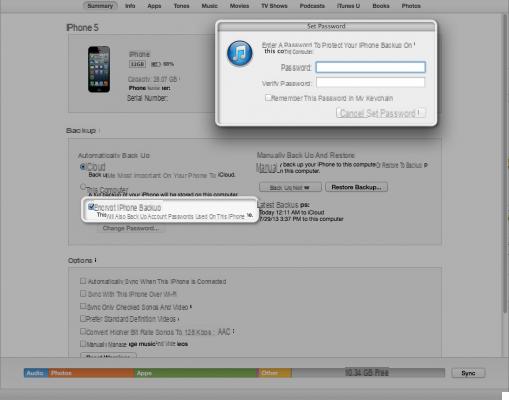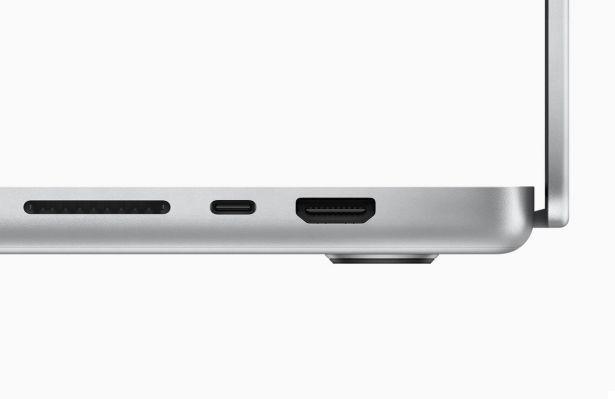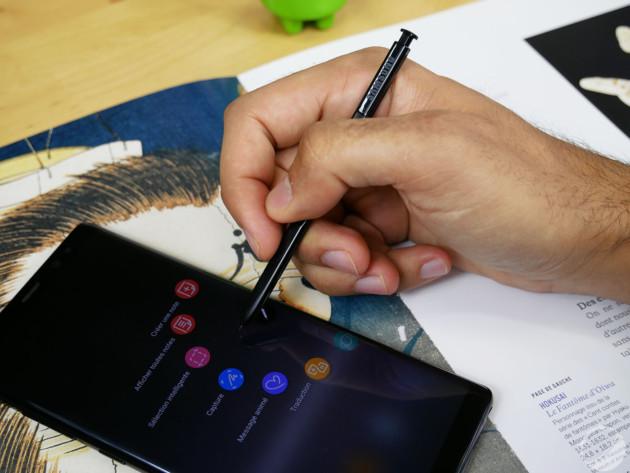Google has just announced new protections in Chrome that tackle ads that overload the processor, consume a lot of data or that affect the autonomy of PCs and smartphones. Cryptojacking is particularly targeted by the new browser filters. These are those malicious ads that clandestinely mine cryptocurrency by exploiting your device's resources.

Google has long since started a war on ads that negatively affect user experience. Chrome is equipped with a native ad blocker that neutralizes banners that are invasive or do not comply with the guidelines of the Coalition for Better Ads. It is a global association that works for responsible advertising practices. Google just announced an update to Chrome which strengthens user protection against resource hungry ads.
“We found that some ads were consuming a disproportionate amount of device resources, such as battery and bandwidth, without users knowing,” Google explains in a post on the Chromium blog. These include ads that quietly undermine cryptocurrencies and affect the autonomy of devices, consume a significant amount of data or lead to slowdown experiences.
How Chrome will block resource hungry ads
The browser will limit the resources that an advertisement can use before the user interacts with it. Concretely, chrome will analyze the behavior of the ads and will systematically block those that cross the set limits. The ad frame will then display an error message, informing the user that an ad has been blocked, as you can see in the image at the end of the article.
Also read: Google Chrome will block video ads that are too intrusive
To determine the blocker trigger limits, Google studied the vast majority of ads served in Chrome. The firm thus targets ads that use more CPU, bandwidth or energy than 99,9% of ads. The threshold is set at 4 MB for data consumption. Regarding the CPU, the ad should not exceed 15 seconds of use in a period of 30 seconds or 60 seconds of total CPU use.
Google specifies that only a fraction of the ads displayed on Chrome should be affected by these measures. Only 0,3% of advertisements today exceed the set thresholds. But these ads alone account for 27% of total bandwidth consumption or 28% of CPU usage. The developers of Chrome plan to test this new feature over the next few months. It will arrive in the stable version of the browser by the end of August.



























